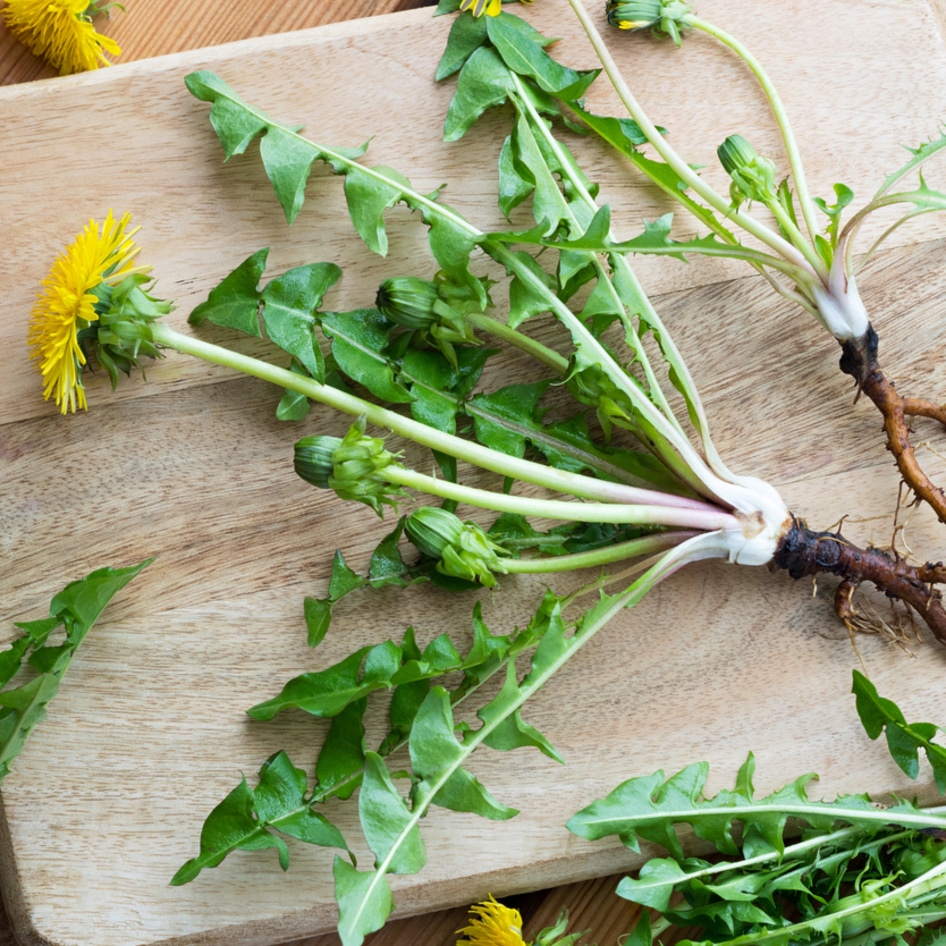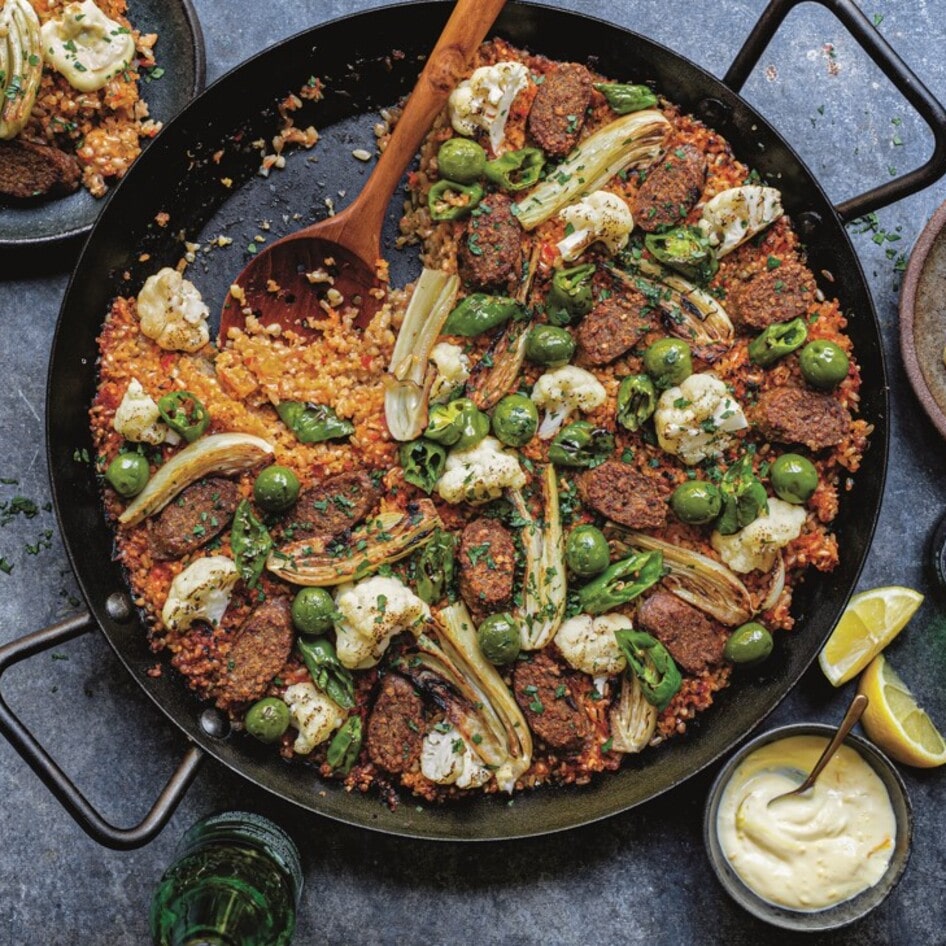5 Ways Being Vegan Saves the Planet
Want to do something for Mother Earth? Ditch the meat and find out how your diet affects the environment.
February 17, 2016
Hey vegans: Go ahead and give yourself a pat on the back for improving the world. Seriously, you’re saving lives with every forkful of food you eat. In addition to sparing animals from slaughter and cutting back on your chances of contracting a life-threatening illness (such as cancer, diabetes, or heart disease), your plant-based diet is shielding the whole planet from unnatural disaster. In honor of Earth Month, here are five reasons your veg choices are more sustainable than you may realize.
It Protects Our Soil
You can get almost all vital nutrients you need from eating plant-based foods (save vitamins D and B12)—and that’s because minerals, enzymes, antioxidants, phytonutrients, and amino acids are in our soil. Researchers have found that raising animals for consumption contributes to erosion and nutritional depletion of soil, plus desertification and deforestation. As a result, the US alone has lost about a third of its topsoil from factors that include livestock agriculture.
Earth-friendly tip: Chose mainly organic, non-GMO food to help keep our soil (and your body) healthy and nutrient-rich.
It Conserves Water
More than 70 percent of the earth’s fresh water is used in agriculture of plants and animals: it takes 100 to 200 times more water to produce a pound of beef than it does to grow a pound of plant foods. Plus, the United Nations has reported that the livestock sector is most likely the largest source of water pollution. So, skipping the meat may have more of a positive planetary impact than turning off the water while brushing your teeth or taking a shorter shower! Consuming seafood is also an issue, as we face problems with overfishing, habitat damage, and species endangerment.
Earth-friendly tip: Skip the pre-rinse when using a dishwasher and only run it when full—this can save up to 7,300 gallons of water a year.
It Saves Energy
It’s no secret that we have an energy crisis on our hands—oil prices are skyrocketing and the world is scrambling to find a more peaceful method to power our homes and cars. Meanwhile, citizens are urged to conserve energy, and one of the best ways of doing so is by skipping out on meat and dairy. Case and point: a Cornell study found that producing animal-based protein requires eight times more fossil-fuel energy than creating plant-based protein.
Earth-friendly tip: Next time you buy a kitchen appliance, get one that is Energy Star-approved, and only use electronic appliances when necessary (in other words, unplug that coffee maker after your joe is finished brewing!).
It Clears The Air
You can smell a factory farm from a mile away—literally, those places stink! And it’s not just an unpleasant smell—this form of air pollution is a major problem. You’ve probably heard that cows release a lot of methane in their farts and nitrous oxide in their manure, and these emissions are largely connected to climate change. That’s why a report by the UN concluded that animal agriculture is a larger contributor to greenhouse gas than all forms of transportation. And speaking of the previously mentioned issue of deforestation, when rainforests are cleared to create livestock pastures, carbon is released into the air.
Earth-friendly tip: Buy local, plant-based food to cut back on the distance it has to travel from farm to plate, thus reducing the amount of emissions created in the process.
It Combats World Hunger
Hundreds of millions of people around the world are currently suffering from hunger and malnutrition, and yet 70 percent of the grain grown in the United States is fed to livestock. Even animals in poor countries are fed cereal, as well as legumes and vegetables, in order to produce meat and dairy. All in all, more than 700 million tons of human-grade food goes into animal agriculture each year, which could instead be used to eradicate hunger.
Earth-friendly tip: Only order or make as much food as you can eat in one sitting to prevent waste. If you happen to have leftovers, store them in a reusable glass or stainless-steel container and compost any inedible scraps.
Whitney Lauritsen runs the website ecovegangal.com, which features videos and articles to help people make healthy eating choices and develop more sustainable lifestyles.
JUMP TO ... Latest News | Recipes | Guides | Health | Shop







